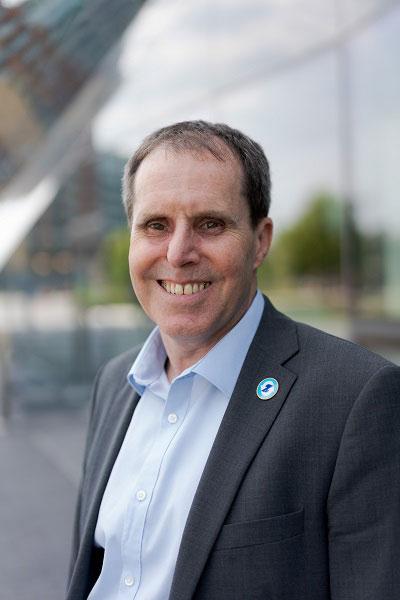Jonathan Murray, Policy & Operations Director at Zemo Partnership, discusses the work of the EV Energy Taskforce and the opportunities available as the mobility and energy sectors come together.
A report published by the Carbon Trust says that we can save nearly £17bn on our energy bills and slash the cost of the energy transition if we can successfully “embed flexibility” across power, heat and transport.
I agree! As Zemo Partnership’s coordinator of the multi-stakeholder Electric Vehicle Energy Taskforce I have glimpsed first-hand how great the rewards can be if we work closely together, across sectors to manage the electrification transition in road transport.
The EV Energy Taskforce was set up under government auspices in 2018 and has, since its inception, engaged with more than 350 organisations from the energy, automotive and related sectors, many of them leading household names.
Initially the Taskforce identified 21 proposals to maximise the benefits, and minimise the challenges, to the electricity networks and EV users as UK road transport is electrified. The proposals fell into three categories and showed the urgency of developing standards and codes of practice to enable interoperability and the sharing of data within the EV sector and with the electricity system.
It also showed the need for effective local and national planning and coordination to enable efficient investment.
The taskforce also identified the criticality of smart charging; underpinned by a resilient network and clear market signals, to reduce the cost of supplying power to millions of EVs.
The Taskforce has now been asked by government to drill down into the proposals and turn them into actionable plans. And as the transport electrification agenda is ramping up very fast, the Taskforce is about to enter a new phase with raised ambition and a wider remit. Why not join us and play your part in the transition (see below).
But what does all this mean for EV users now and in the future? The key principle, underpinning the EV Energy Taskforce’s proposals, is that the transition is best served by aligning with the best outcome for the customer; typically the EV-driver. If we can’t create a positive experience for drivers, the development of the market will be compromised.
This means that EV users can expect to see – and should otherwise demand – higher standards of convenience and inter-operability when using public charge point facilities. It means finding the right charger in the right place. It means easy and convenient payment systems. It means a fully functioning and optimally regulated market for organisations delivering charging and related services.
For the user with home charging it means making available the opportunity to reduce fuel costs by offering time of use tariffs for charging, which has been available to many fleets and businesses charging on-site. Increasingly, it will mean an opportunity to play a role in the energy system by enabling energy stored in EV batteries to supply the home, grid or other facilities. This could mean significant revenue for some and the chance of lower energy costs for all and, crucially, with greatly reduced carbon impacts.
So, for individuals and fleets, buying an EV is just the start and will increasingly open up of a world of energy opportunities!
Any organisations interested in finding out more and/or contributing to the work of the EV Energy Taskforce should contact: info@evenergytaskforce.com






